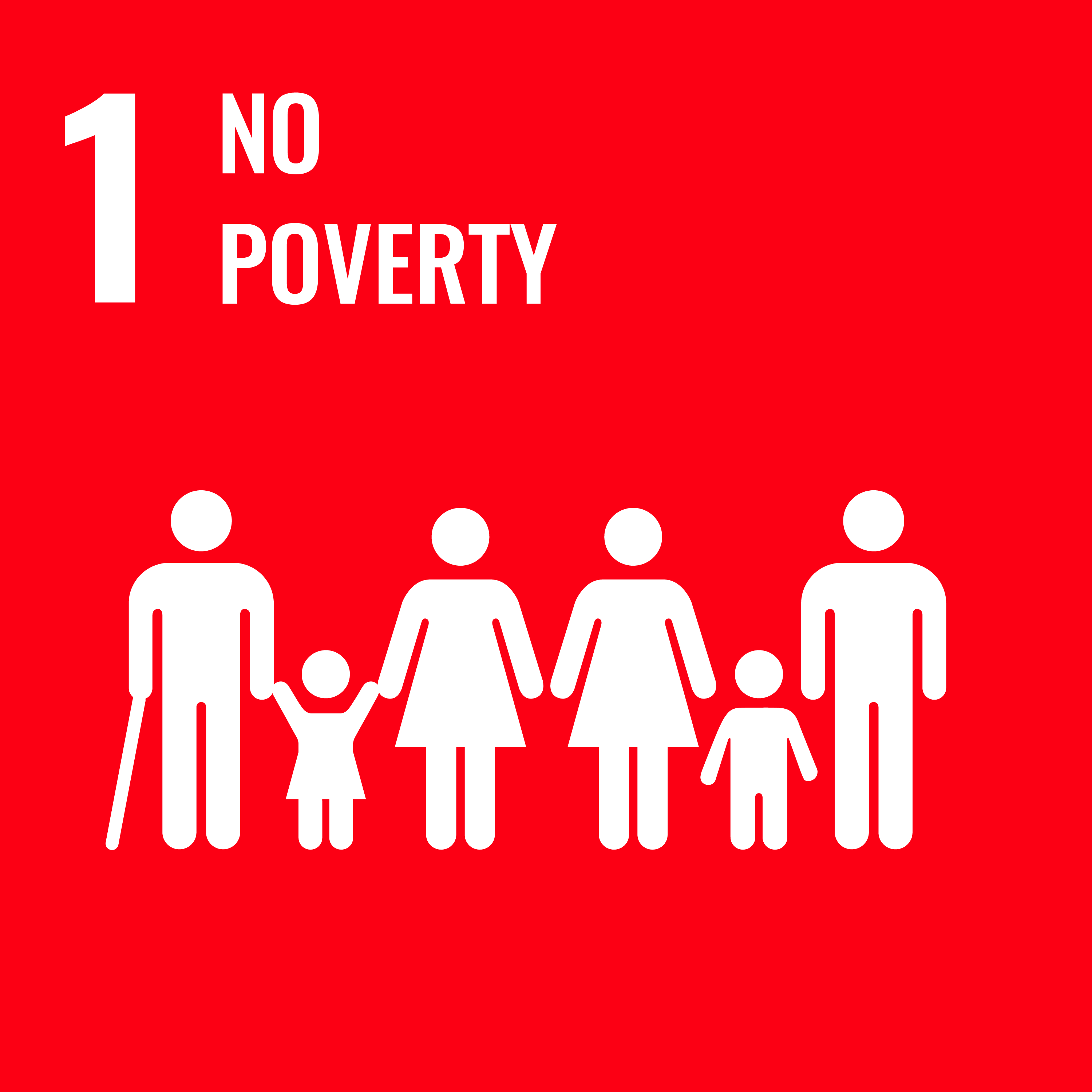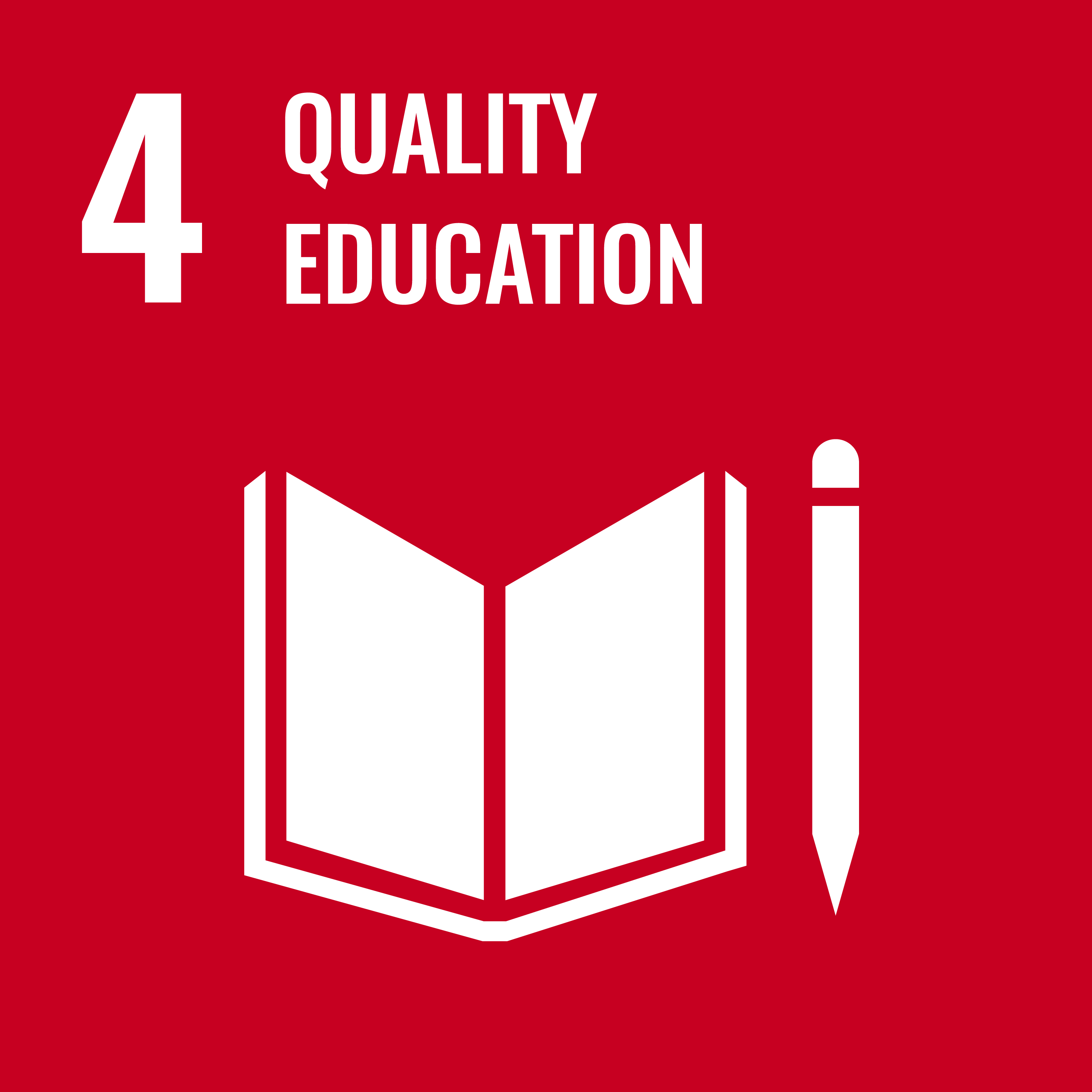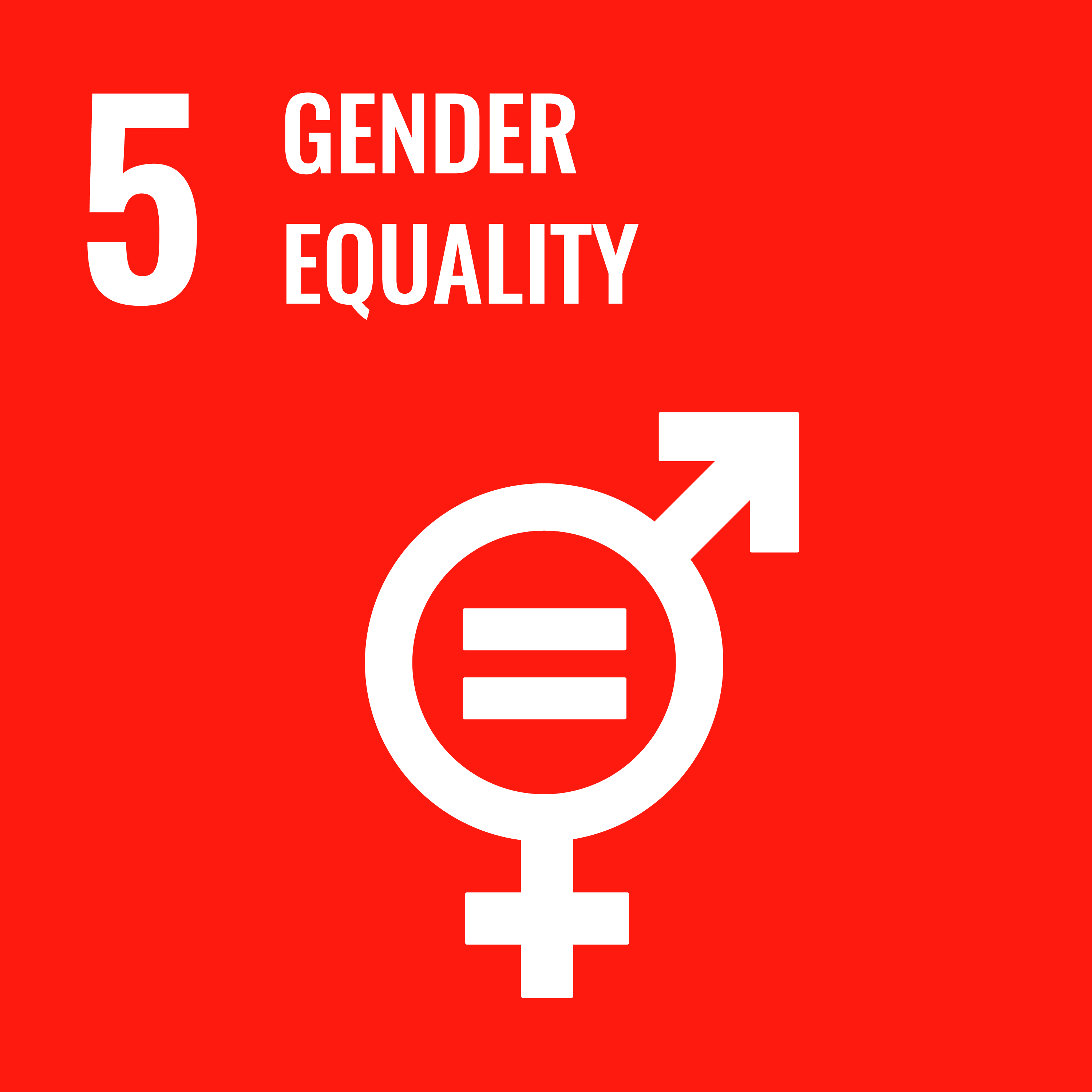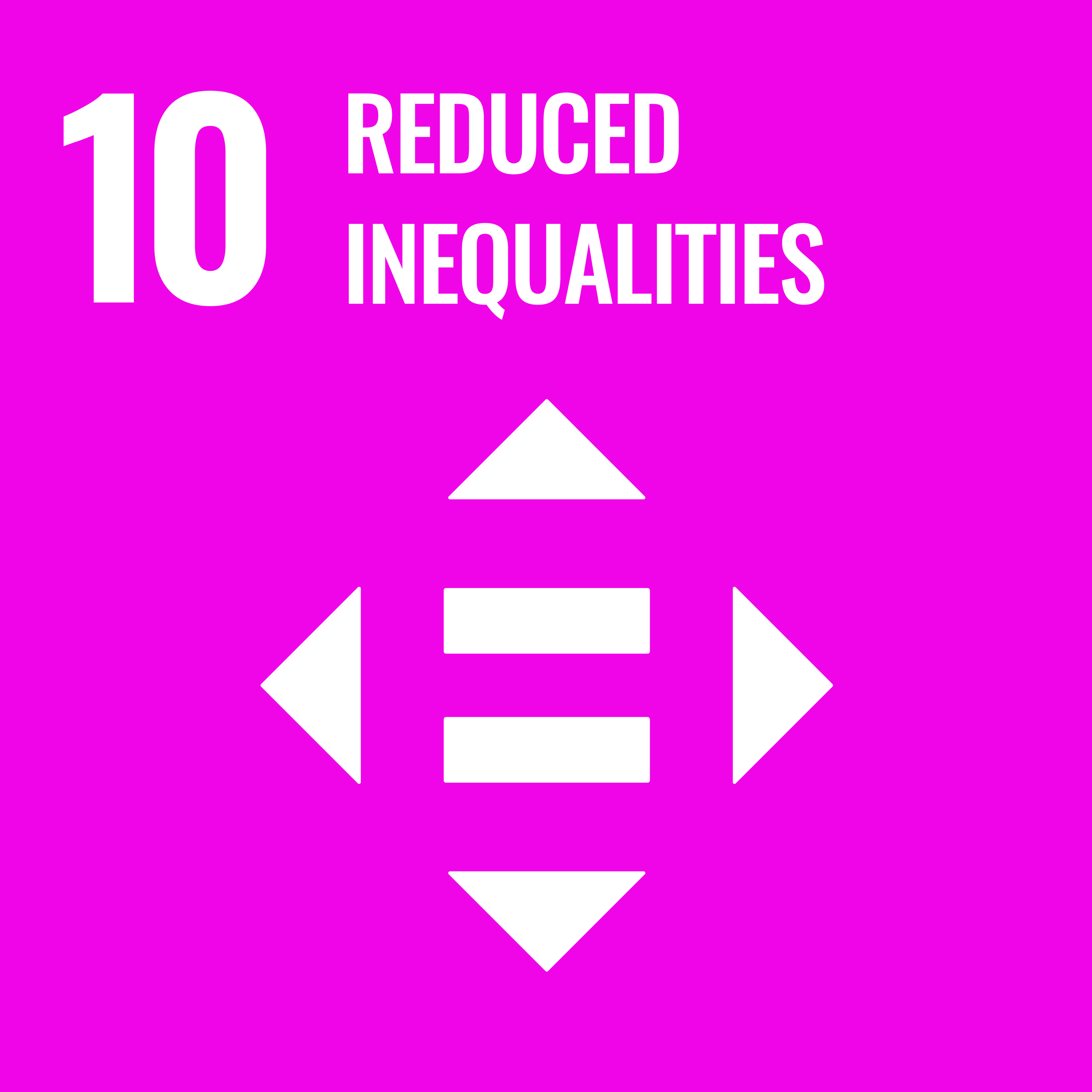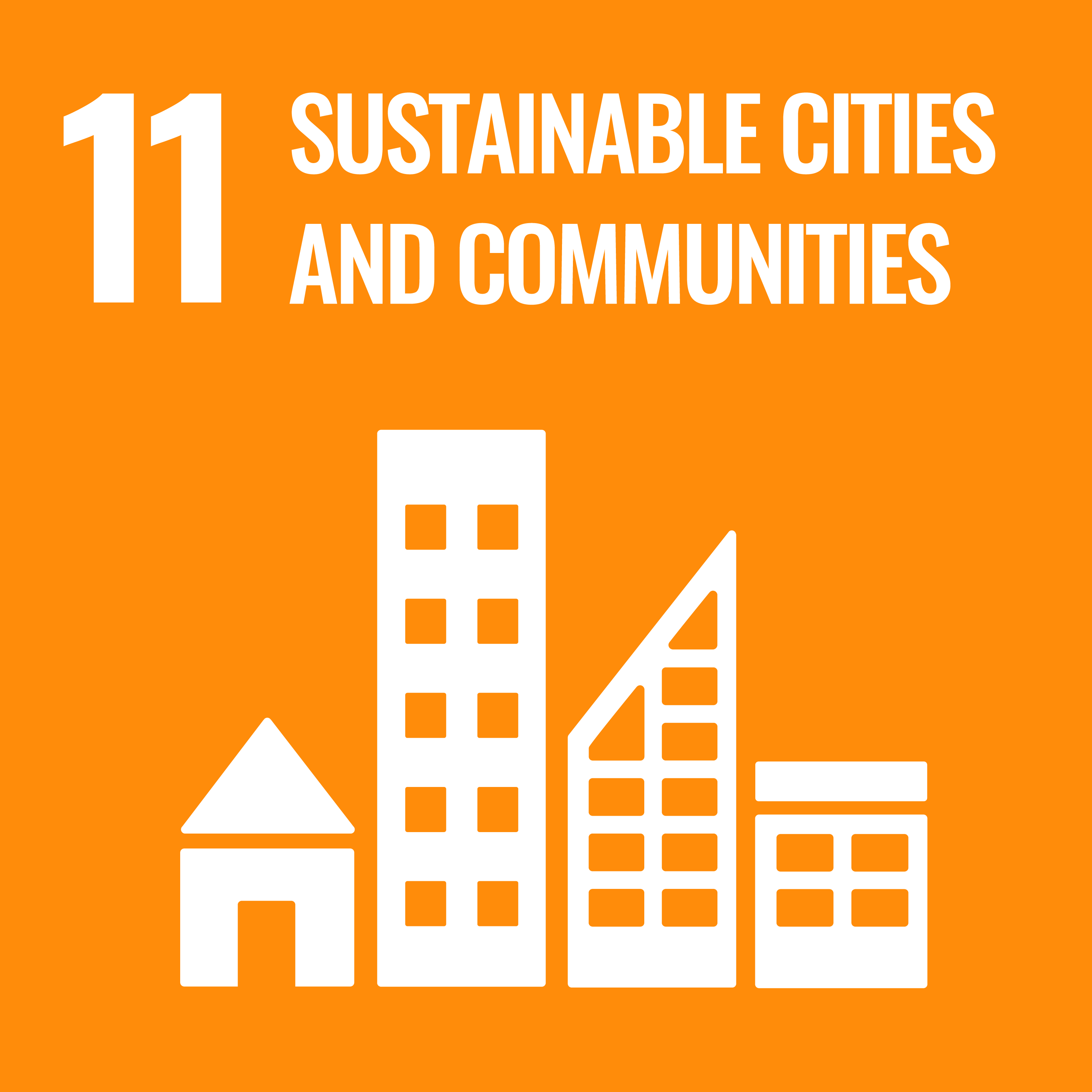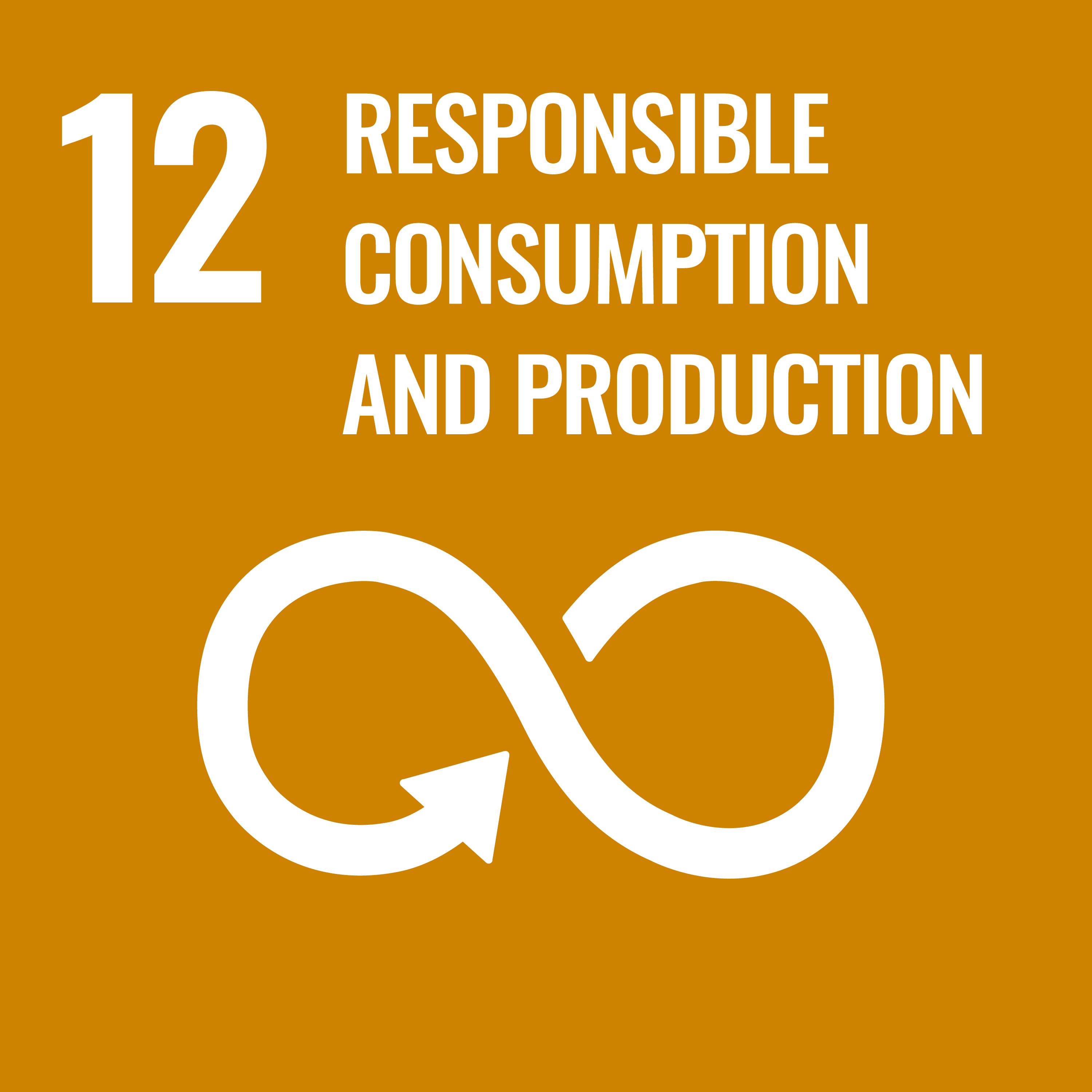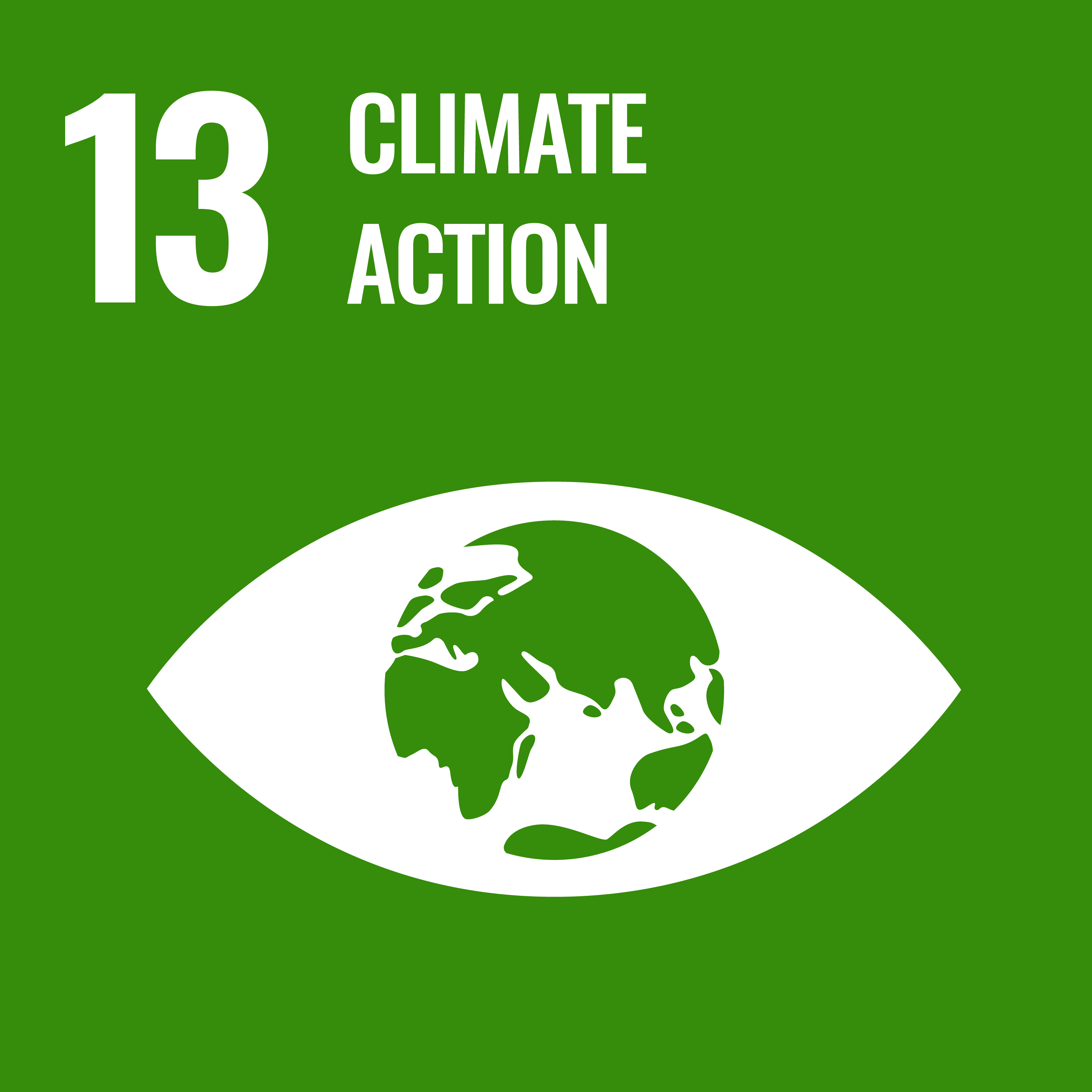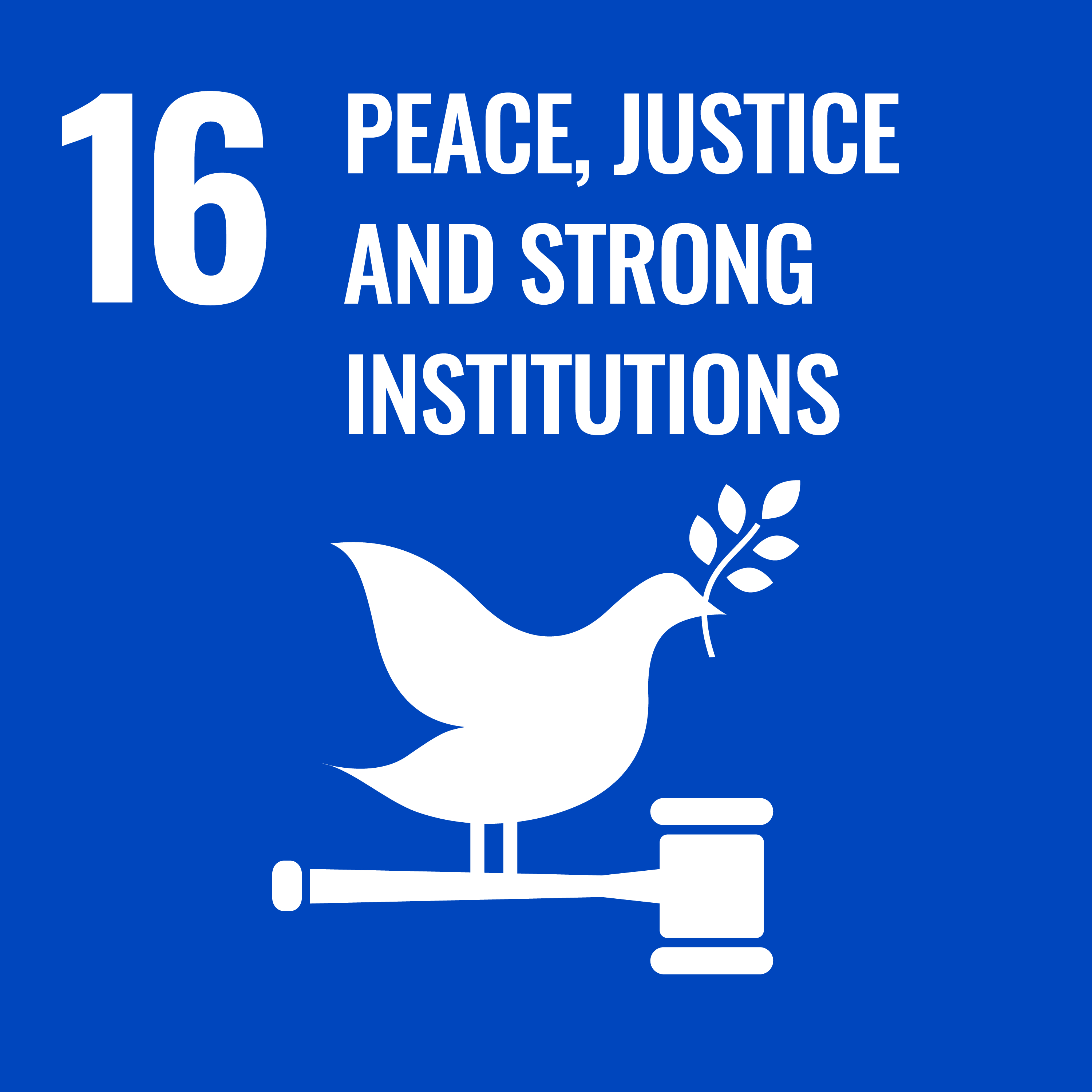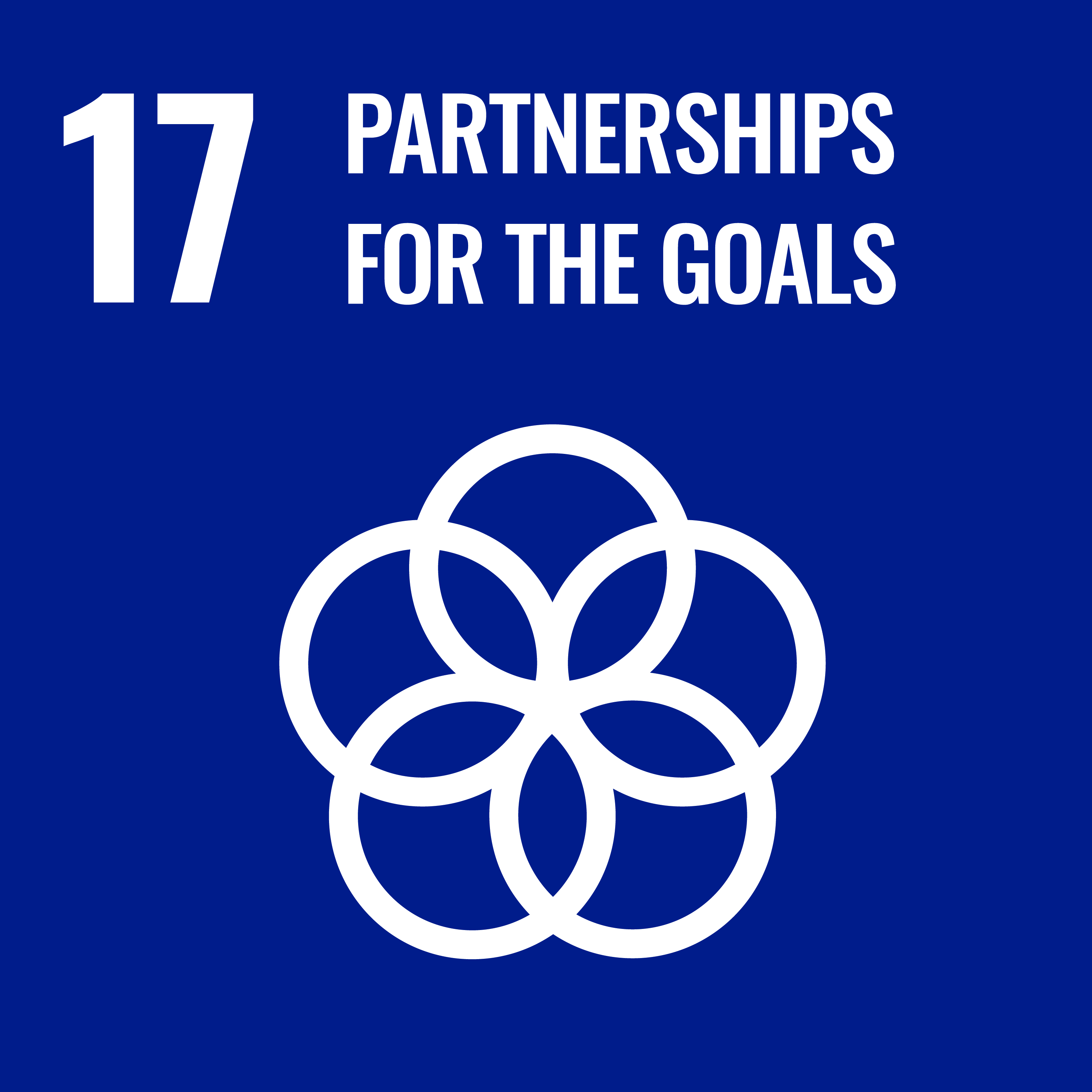Outcome 1: Global normative frameworks and gender-responsive laws, policies and institutions
A comprehensive and dynamic set of global norms and standards on gender equality and the empowerment of all women and girls is strengthened and translated into gender-responsive laws, policies, and institutions.
Alaa Salah, who became the face of the Sudanese protest movement, speaks at the UN Security Council Open Debate on Women, Peace and Security in October, 2019. Photo: UN Women/Ryan Brown
Contributes to achieving SDGs
On the road to gender equality: Kyrgyzstan continues to integrate gender-sensitive indicators into national strategies and plans
Representatives of the National Statistical Committee of the Kyrgyz Republic, state bodies and non-governmental organizations collaboratively working on strategies for improving gender statistics in Kyrgyzstan. Photo: UN Women/Askat Chynaly.
From 5 to 7 March 2024, the National Statistical Committee of the Kyrgyz Republic, in collaboration with the UN Women Regional Office for Europe and Central Asia, convened a workshop on strategic planning for improving the production, analysis, and dissemination of gender statistics in Kyrgyzstan. The workshop brought together more than 30 representatives of state bodies and non-governmental organizations - members of an inter-agency working group on gender statistics.
Kyrgyzstan's national statistics system has made significant strides in producing 38 of the 51 indicators outlined in the UN Minimum Set of Gender Indicators. In a collaborative effort with UN Women and Partnership in Statistics for Development in the 21st Century (PARIS21), the National Statistical Committee conducted an assessment of gender statistics in the Kyrgyz Republic in 2021. The findings from this assessment played a crucial role in shaping the Medium-term Programme for Development of Official Statistics of the Kyrgyz Republic for 2022–2026. In September 2022, the Cabinet of Ministers of Kyrgyzstan approved a long-term National Strategy for Gender Equality until 2030 and its National Action Plan for 2022–2024. These policy documents outline specific measures aimed at standardizing national gender statistics and aligning indicators with international obligations (goal 13). These strategic documents aim to emphasize the importance of building a gender-sensitive statistical system and enhance reporting on the Sustainable Development Goals.
“Kyrgyzstan needs national standards on gender statistics in line with the international recommendations, which would guide the government institutions on streamlining the work to improving gender statistics,” underlined Marat Kalchabaev, the Referent of the Judicial Statistics Analysis Sector of the Supreme Court of the Kyrgyz Republic, during the workshop.
The three-day workshop was designed to establish a vision, strategic priorities, and objectives for enhancing the production, dissemination, and uptake of gender data. These are crucial components of the forthcoming National Gender Statistics Roadmap and Gender Equality Indicators Framework, which will monitor the country’s progress towards gender equality. The application of design thinking tools during the workshop fostered a productive dialogue between data producers and users. This was achieved by cultivating empathy and collaboratively identifying solutions to enhance the processes of gender data production and use.
“Strategic planning of gender statistics is key to the effective production, dissemination, and use of data to inform decision-makers and close gender gaps through data-driven policies,” highlighted Sara Defomonti, Head of Directorate for Strategic Planning at the Italian National Institute of Statistics, UN Women International Consultant.
The workshop enhanced the inter-agency collaboration between the National Statistical Committee and other data producers and users of gender statistics in Kyrgyzstan. It also underscored the critical role of gender data in the formulation of key strategic documents in the realm of gender equality.
The event was organized as part of the UN Women regional programme on improving gender statistics in Europe and Central Asia “Making Every Woman and Girl Count”.
Tags
Thousands of women took to the streets of South Africa in 2018 for the #TotalShutdown march against gender-based violence and femicide. The march was a watershed moment in the country's fight against GBV. Photo: UN Women/Asiphe Saul
Globally, every 10 minutes, a woman was intentionally killed by her partner or family in 2023. In South Africa, with 5.5 women killed by intimate partners per 100,000 women between 2020 and 2021, femicide rates have remained high, according to the South African Medical Research Council (SAMRC).
Often hidden behind these numbers are the personal experiences that affect families and entire communities who are left behind.
“We have young people witnessing intimate partner violence in their families,” shares Anna Maswikeni, a social worker working with the Young Women for Life Movement, supporting survivors of gender-based violence in Mpumalanga, in the northern part of South Africa. “We had a young boy who witnessed his mother being killed by her boyfriend. He saved the sister… if it wasn’t for him, maybe all of them would have been killed in that household. So, he has [a lot of] anger towards the mother’s boyfriend.”
Witnessing such violence leaves a devastating impact on children, she further explains. They may learn to normalize violence, think that violence is an accepted way to solve disagreements, lose their self-esteem, or adopt unhealthy coping mechanisms. Gender-based violence traps families in intergenerational trauma.
Unpacking femicide in South Africa
Femicide, or the killing of women and girls because of their gender, is the most extreme and brutal manifestation of violence. It is driven by discrimination against women and girls, unequal power relations, gender stereotypes, or harmful social norms, which can escalate to a deadly outcome. The fourth national femicide study in South Africa revealed that three women were killed every day by an intimate partner from 2020 - 2021.
Nwabisa Shai, a Specialist Researcher in the Gender and Health Research Unit of the SAMRC, explains that femicide is often the result of a pattern of abuse: “We know the drivers [of femicide]. It is mostly when the violence that women experience is severe. The warning signs can include strangulation, injuries requiring hospitalization, or the compounding of different types of abuse - emotional, physical, and sexual.”
A culture of silence allows gender-based violence to escalate
Across the globe, too many victims of femicides go uncounted, because their deaths are not accurately documented as femicides, and gender-based violence continues to be under-reported. South Africa is no exception to this.
“We still have a lot of unreported cases of abuse against our girls and women,” says Maswikeni, describing how families would discourage survivors from speaking out and try to “settle” the issue through family meetings or arrangements of monetary compensation.
“This culture of silence perpetuates vicious cycles [of violence] across generations. Often, children who witness violence at home either internalize the trauma or replicate the behaviour,” explains Maswikeni.
Although many interventions and policy efforts are underway, there are significant gaps in the justice system's response. The national femicide study in South Africa also revealed that in 44 per cent of femicide cases, the police failed to identify a perpetrator.
A national plan of action to stem the tide of gender-based violence
Following the #TotalShutdown March in August 2018 – the largest coordinated protest by women in South Africa against gender-based violence – that brought Pretoria, the economic hub of the country, to a standstill, the South African Government developed the National Strategic Plan on ending gender-based violence. Launched in 2020, the Plan has led to some legal reforms and improved support for survivors of gender-based violence through one-stop care centres and the establishment of a national fund to address gender-based violence and femicide.
In May 2024, the South African President signed a bill to establish the National Council on Gender-based Violence and Femicide, which will oversee the full implementation of the National Strategic Plan and allocate the funds to policies and programmes to end femicide and gender-based violence.
“As UN Women, we advocated for the development of the National Strategic Plan and the National Council, because we know how important leadership, financial, and human resources are, for addressing this urgent matter of preventing and ending violence against women and girls in South Africa,” said Hazel Gooding, UN Women Deputy Representative of the South Africa Multi-Country Office.
Better policing, and support for women’s organizations is critical to winning the fight against gender-based violence and femicide
Experts in South Africa agree that ending violence against women and girls requires a multi-pronged approach. This includes promoting women’s financial independence and addressing food insecurity, mental health and substance abuse issues.
“If we empower young women to be economically independent, it gives them more leverage to decide to leave an abusive situation. It is sometimes due to economic pressure that women stay until it’s too late,” says Maswikeni.
Shai and Maswikeni both point to another area of action – resourcing and training police units to respond appropriately to gender-based violence cases, to end impunity and to prevent the escalation of abuse. They recommend establishing dedicated units to investigate femicide.
"The police don’t have the kinds of resources they need,” explains Shai. "We need a dedicated femicide unit for case management, so that this can be done thoroughly. Women are killed with impunity, because the police don’t have the kind of systems that could help them."
The protection order mechanisms also need to change. “Currently, the protection order process relies on the woman to find the perpetrator, and get him to sign it, which is not safe for the woman. In some of our studies, we get a sense that the protection order can be a catalyst for more violence against the woman,” added Shai.
As South Africa continues the push to end gender-based violence, advocates and researchers agree that, beyond legal reforms and better policing, it will take a significant change in how society views and values the lives of women. Funding women’s organizations, which support survivors and efforts to change harmful social norms and attitudes, is critical at this juncture.
Tags
Representatives of Caribbean states, United Nations organizations and Our Secure Future met at Trinidad and Tobago to advance the development of Women, Peace and Security National Action Plans. Photo: UN Women
Trinidad and Tobago hosted a key convening for the advancement of women’s ownership of the peace and security agenda in the Caribbean
Port of Spain, Trinidad and Tobago - May 15th, 2024 - A significant gathering in Port of Spain, Trinidad and Tobago, brought together Caribbean leaders and key stakeholders to ensure women play a central role in responding to regional common challenges. The Women, Peace and Security (WPS) Caribbean National Action Plan Convening, co-hosted by Our Secure Future and the United Nations Entity for Gender Equality and the Empowerment of Women (UN Women), took place from May 13th to 15th, 2024.
Government representatives, leaders from women's and civil society organizations, and regional intergovernmental frameworks met to assess the challenges for peaceful and safe societies in the Caribbean and address them through the advancements of the WPS agenda by focusing on women's leadership in peacebuilding, as highlighted by United Nations Security Council Resolution 1325 and subsequent resolutions.
While delivering remarks at the opening event, Tonni Brodber, Representative, UN Women Multi-Country Office – Caribbean said:
“Coming out of this training, we look forward to your expert guidance on how best this particular agenda can be adapted to the realities of Trinidad and Tobago as well as the broader region and how we can work collaboratively to ensure that we are applying the context for our lived reality. Focused work around Women, Peace and Security, began in 2000 with 1325 when the UN General Assembly and Security Council recognised the need to have women at the centre of peacebuilding and peacekeeping. We have continued throughout the years now making space also for understanding and integrating climate security perspectives and the unique perspectives of small island developing states.”
The event, convened by UN Women and Our Secure Future (OSF), provided actionable strategies through international expert-led discussions, helping participants design and implement impactful National Action Plans (NAPs). These plans are vital tools for addressing regional peace and security challenges and fostering women's participation in shaping effective solutions.
“We are aiming to advance the Women, Peace and Security agenda by underscoring that women are not just victims, which is the current narrative, but we see women as agents of change, in particular in securing a peaceful and more secure environment for all of us. Today we have about 110 countries that have adopted National Action Plans as a form of policy and practice to advance their national objectives, and this is really saying a lot because it is not mandated, but we see countries continually not only adopting these Plans and creating a multi-stake holder process to do them, but also renewing them year after year”, said Sahana Dharmapuri, OSF Vice President at the opening ceremony.
Over three days, the workshop facilitated collaboration across various sectors, emphasizing the importance of gender equality in peace processes. Participants shared insights and strategies to overcome barriers, reaffirming their commitment to empowering women to lead in addressing the Caribbean's security challenges.
“Given the level of violent crime, Caribbean countries can never claim to be living in peace, therefore I am of the view we have a collective responsibility to address the issue of violence. We must adopt a position that none of us in the Caribbean is safe unless all of us are safe”, said Mr. Vijay Gangapersad, Permanent Secretary of Gender and Child Affairs at the Trinidad and Tobago Prime Minister Office.
“As a natural response we have seen greater investment in the national security apparatus. We have seen investment in the police. More police, more guns for those policing. I believe that the solution is not more police and more guns. The answer is in this room, in this workshop”, Mr. Gangapersad added.
Our Secure Future and UN Women saluted the commitment of all countries that took part in this convening. Both organizations reaffirmed their eagerness to collaborate with national governments in launching their respective National Action Plans, ensuring women's full participation in preventing and responding to challenges while implementing strategic actions to maintain safe and peaceful communities across the region.
The event saw the participation of over 35 participants, including relevant Ministries and civil society organizations representing Barbados, Guyana, Jamaica, Trinidad and Tobago, and CARICOM.
Learn more about the work of UN Women on Women, Peace and Security, and Humanitarian Action here.
Tags
A step forward for women’s safety in Bangladesh: The push for sexual harassment legislation
A sports competition with university students in Dhaka, Bangladesh during the16 Days of activism in 2018 raises awareness for programmes and activities designed to improve safety and prevent sexual harassment on campus. Photo: UN Women/Fahad Kaiser
“I was in second grade when an elderly relative touched my chest while holding me on his lap. I knew something was wrong but didn’t tell my mother,” said Salma Sultana Sumi*, a student from a public university in Bangladesh.
“I feared men for years and avoided family gatherings. Even now, I carry a cutter (small knife) in my bag.”
High rates of sexual harassment in workplace, public space and online spaces
Sexual harassment may involve any conduct of a verbal, nonverbal or physical nature, including written and electronic communications. It can take a variety of forms – from looks and words to physical contact of a sexual nature – and impact the lives of women and girls every day, everywhere, by limiting their freedom of movement and safety.
According to the latest Women, Business and the Law report, although 151 countries now have laws against sexual harassment in workplaces, fewer have laws that address sexual harassment in education institutions (75), in public spaces (39), and online (75). In 98 countries sexual harassment legislation does not include criminal penalties or civil remedies.
In 2021, Bangladesh Women’s Lawyers’ Association analysed reported cases to show that 84 per cent of women face sexual harassment in workplaces and public spaces, such as in schools, on the streets, and in public transportation, and even at home. Many more women face sexual harassment online.
The 2009 High Court Directive and current legal gaps
Although the Bangladesh High Court issued a landmark Directive in 2009 to prevent sexual harassment at workplaces and schools, the incidents remain widespread and normalized.
Sumi described how male senior students and teachers frequently leave inappropriate comments on her social media, making her feel uncomfortable and unsafe.
“Once, I requested a teacher to review my grades, and he asked me to meet him at 6 p.m. in his office. I didn’t go” she recalled. “He then asked me to meet him at 8 a.m. the next day, when the campus is mostly empty, so I took my friends along. He didn’t seem pleased. Maybe he had no ill intention, but how could I be sure? I’d rather be safe than sorry.”
Sumi and her friends want efforts to focus on changing the mindsets of men, families and institutions, to stop normalizing sexual harassment against women.
Sabina Ali*, faculty and member of the Sexual Harassment Complaint Committee at a private university in Dhaka, agrees. “We get around 8-10 cases each year since we formed the Sexual Harassment Complaint Committee in 2017,” she said. “Each semester, we hold orientations on the committee’s role, conduct inductions for new faculty members, and also run workshops for non-teaching staff.”
She noted that most reported cases happen online. “We can dismiss perpetrators from the campus. But how do we make sure that they wouldn’t repeat their behaviour outside or in their new workplace?”
Advocacy for legislation and how the new law will help women and girls
Since 2009, Bangladesh Mahila Parishad (BMP), a non-profit women’s organization and UN Women partner, has been advocating for a law to address sexual harassment in public spaces, workplaces and educational institutions. Masuda Rosy, a veteran BMP feminist activist has contributed to the draft bill and is involved in supporting young women and girls facing violence, abuse and harassment.
“Violence against women is so normalized in our society, that sexual harassment is often not seen as a crime,” said Rosy. “Without a formal law, it is difficult to hold perpetrators accountable. With UN Women’s support, and along with other civil society partners and UN agencies, we contributed to drafting the ‘Sexual Harassment Prevention and Protection bill,’ which defines harassment, outlines the reporting steps, and includes penalties, like fines, suspension, or dismissal from job.”
This would be the first-ever bill on sexual harassment where civil society and UN agencies came together to develop the bill. The draft law was submitted to the Ministry of Women and Children Affairs for further consultations and enactment.
UN Women is supporting the Government of Bangladesh and civil society organizations in enacting the new law to ensure safety for women and girls. “We must break the silence around sexual harassment in workplaces, educational institutions and public spaces. It must not be normalized. We must all speak up and take action to prevent sexual harassment. Everyone has a role to play – no one can remain a bystander,” said UN Women Representative Gitanjali Singh. “UN Women remains committed to working with the government and civil society partners to support the promulgation and implementation of a law preventing sexual harassment.”
Research shows that laws matter in changing mindsets and reducing the prevalence of violence against women. For instance, The Gender Snapshot 2024 report shows that countries with domestic violence legislation have lower rates of intimate partner violence (9.5 per cent) than those without legislation (16.1 per cent).
*Aliases have been used instead of real names to protect the individuals from risk of retaliation and violence.
Tags
Women’s and girls’ rights are facing unprecedented growing threats worldwide, from higher levels of discrimination to weaker legal protections, and less funding for programmes and institutions that support and protect women.
UN Women’s latest report “Women's Rights in Review 30 Years After Beijing”, published ahead of the UN 50th International Women’s Day on 8 March, shows that in 2024 nearly a quarter of governments worldwide reported a backlash on women’s rights.
Despite important progress, only 87 countries have ever been led by a woman, and a woman or girl is killed every 10 minutes by a partner or member of her own family. Digital technology and artificial intelligence spread harmful stereotypes, while the digital gender gap limits women’s opportunities.
In the past decade, the world registered a disturbing 50 percent increase in the number of women and girls living in conflict, and women’s rights defenders confront daily harassment, personal attacks and even death. Recent global crises—like COVID-19, the climate emergency, soaring food and fuel prices—are only increasing the urgency to respond.
“When women and girls can rise, we all thrive. Yet, globally, women’s human rights are under attack. Instead of mainstreaming equal rights, we’re seeing the mainstreaming of misogyny. Together, we must stand firm in making human rights, equality and empowerment a reality for all women and girls, for everyone, everywhere,” said António Guterres, UN Secretary-General.
“UN Women is committed to ensuring that ALL Women and Girls, everywhere, can fully enjoy their rights and freedoms,” affirmed UN Women Executive Director Sima Bahous. “Complex challenges stand in the way of gender equality and women’s empowerment, but we remain steadfast, pushing forward with ambition and resolve. Women and girls are demanding change—and they deserve nothing less.”
2025 marks 30 years of progress since the Beijing Declaration and Platform for Action, the most visionary roadmap on women’s rights. The “Women's Rights in Review 30 Years After Beijing” report, which draws on feedback provided by 159 Governments to the United Nations Secretary-General, shows progress that must be acknowledged - since 1995, parity has been achieved in girls’ education and maternal mortality has dropped by a third. Women’s representation in parliaments more than doubled, and countries continue to remove discriminatory laws, with 1,531 legal reforms between 1995 and 2024 in 189 countries and territories. It demonstrates that when women’s rights are fully upheld in their countries, families, communities, and economies flourish.
Yet, significant efforts are still required to achieve gender equality and bring us closer to the 2030 Agenda for Sustainable Development. That’s why today’s report also features the new Beijing+30 Action Agenda, a courageous roadmap to complete our unfinished business by focusing on:
- A digital revolution for all women and girls: We must ensure equal access to technology, equip women and girls to lead in AI and digital innovation, and guarantee their online safety and privacy.
- Freedom from poverty: Investments in comprehensive social protection, universal health coverage, education, and robust care services are needed for women and girls to thrive and can create millions of green and decent jobs.
- Zero violence: Countries must adopt and implement legislation to end violence against women and girls, in all its forms, with well-resourced plans that include support for community-based organizations on the front lines of response and prevention.
- Full and equal decision-making power: Temporary special measures like gender quotas have proven their effectiveness in rapidly increasing women’s participation.
- Peace and security: Fully finance national plans on women, peace and security and gender-responsive humanitarian aid are essential. Frontline women’s organizations, so often the first responders to crisis, must receive dedicated, sustained funding to build lasting peace.
- Climate justice: We must prioritize women’s and girls’ rights in climate adaptation, center their leadership and knowledge, and ensure they benefit from new green jobs.
Across these six Actions, putting young women and girls at the heart of our efforts is the best way to guarantee success, both today and tomorrow. These six plus one actions have the potential to unleash progress on women’s rights and put us back on track for 2030.
The Beijing+30 commemoration and the forthcoming UN Commission on the Status of Women (CSW69) are clear opportunities to enshrine this Action Agenda into national policies, regional strategies, and global agreements.
In a pivotal year for women and girls, that is also a year of pushback and crises like no other, let us push women’s rights forward to create a world where all women and girls enjoy equal rights and equal opportunities. We can be the first generation that can live in an equal world.


